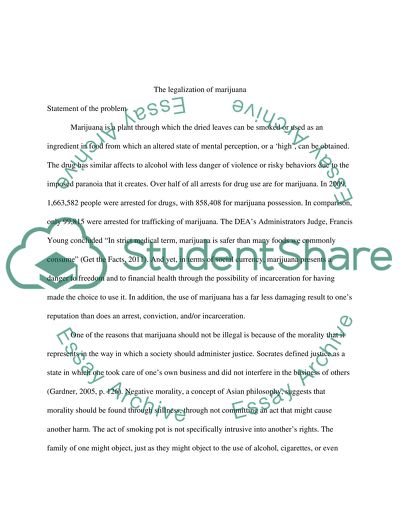Cite this document
(The Legalization of Marijuana Report Example | Topics and Well Written Essays - 1750 words, n.d.)
The Legalization of Marijuana Report Example | Topics and Well Written Essays - 1750 words. https://studentshare.org/law/1410598-a-proposal-argument-essay-on-why-marijuana-should
The Legalization of Marijuana Report Example | Topics and Well Written Essays - 1750 words. https://studentshare.org/law/1410598-a-proposal-argument-essay-on-why-marijuana-should
(The Legalization of Marijuana Report Example | Topics and Well Written Essays - 1750 Words)
The Legalization of Marijuana Report Example | Topics and Well Written Essays - 1750 Words. https://studentshare.org/law/1410598-a-proposal-argument-essay-on-why-marijuana-should.
The Legalization of Marijuana Report Example | Topics and Well Written Essays - 1750 Words. https://studentshare.org/law/1410598-a-proposal-argument-essay-on-why-marijuana-should.
“The Legalization of Marijuana Report Example | Topics and Well Written Essays - 1750 Words”. https://studentshare.org/law/1410598-a-proposal-argument-essay-on-why-marijuana-should.


